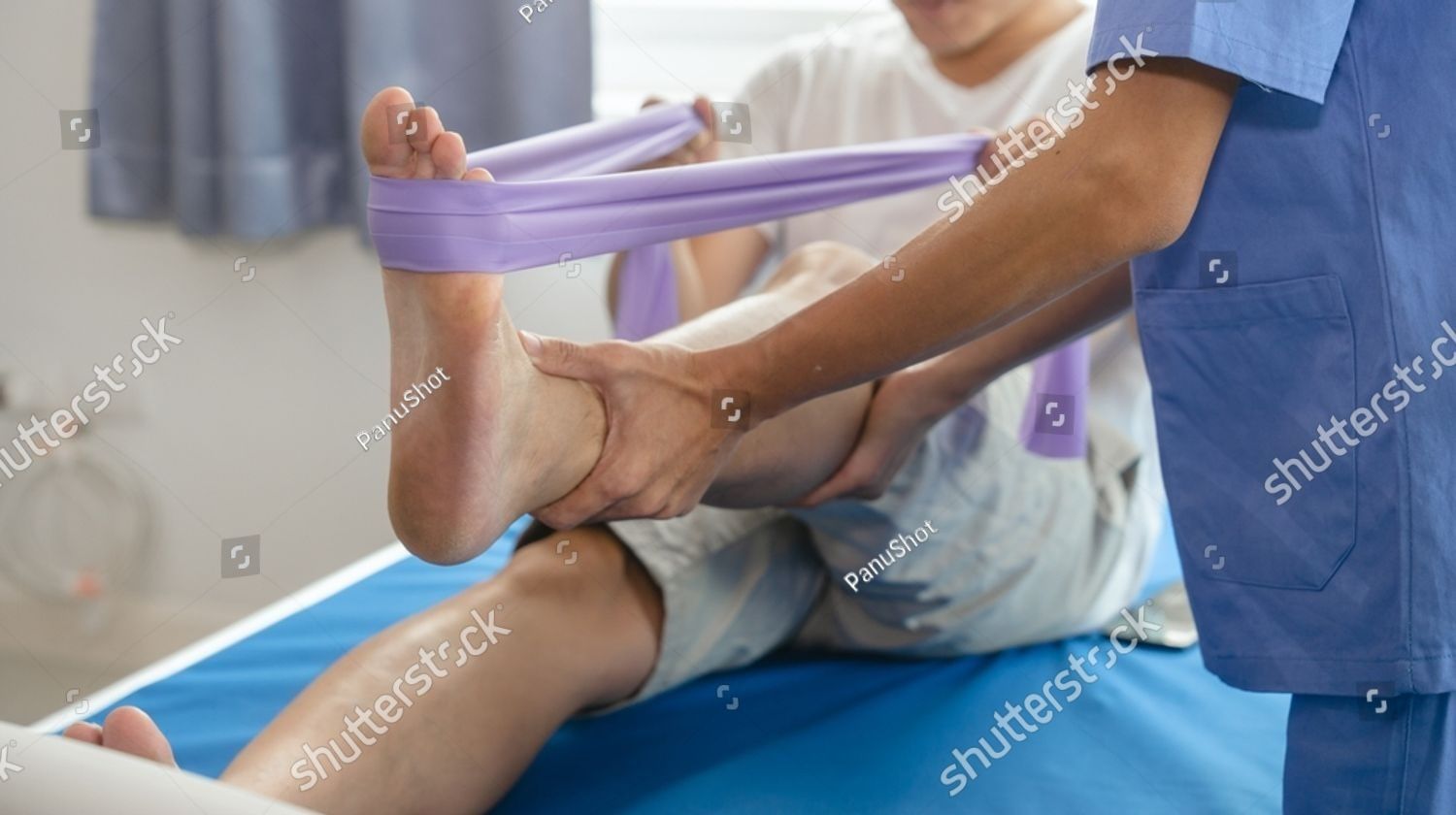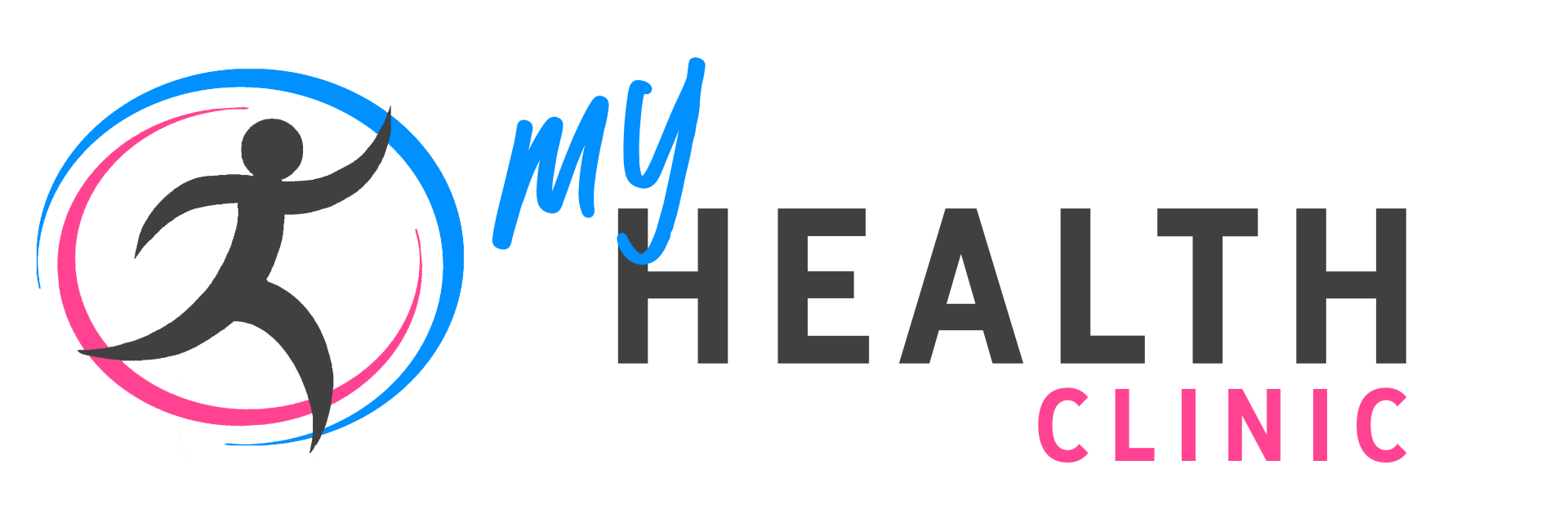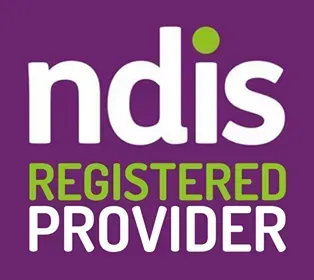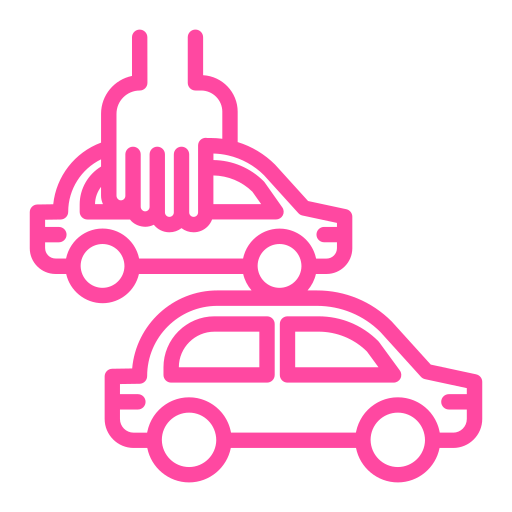OCCUpational therapy
Not applicable for NDIS patients
Not applicable for NDIS patients
What is Occupational Therapy?
Occupational Therapy helps people of all ages to do the things they want and need to do in their daily lives — from self-care and household tasks to work, leisure, and community participation. Our Occupational Therapists (OTs) work collaboratively with participants, their families, and support networks to develop practical skills, recommend necessary supports, and create safer, more accessible environments.
OT focuses on improving physical, cognitive, sensory, and emotional abilities so that daily tasks can be performed safely and independently. This may involve rehabilitation after injury, adapting to disability, or supporting developmental and age-related changes.

Benefits of Occupational Therapy
Occupational Therapy can significantly improve quality of life by:
- Restoring independence: Helping people return to daily activities after injury or illness.
- Enhancing safety: Reducing the risk of falls or accidents at home, school, or work.
- Improving physical function: Building strength, coordination, flexibility, and balance.
- Supporting mental wellbeing: Encouraging participation in meaningful activities and reducing isolation.
- Facilitating community participation: Enabling engagement in education, employment, and social life.
- Providing adaptive solutions: Introducing assistive technology and tailored strategies to make tasks easier.
Who is Suitable for Occupational Therapy?
Occupational Therapy is suitable for a wide range of people, including:
- Children and young people: Developmental delays, autism spectrum disorder (ASD), ADHD, sensory processing difficulties, and school readiness needs.
- Adults recovering from injury or illness: Fractures, stroke, acquired brain injury, spinal cord injury, hand injuries, or joint replacement surgery.
- People with disabilities or chronic conditions: Cerebral palsy, intellectual disability, psychosocial disability, multiple sclerosis, Parkinson’s disease, arthritis, or complex mental health needs.
- Older adults: Those wanting to maintain mobility, prevent falls, or adapt to age-related changes.
- NDIS participants: Anyone requiring Functional Capacity Assessments (FCA), Supported Independent Living (SIL), Specialist Disability Accommodation (SDA), or daily living support.
How We Work
We offer flexible delivery to suit individual needs:
- In-clinic appointments
- Telehealth sessions
- School, workplace, or community-based assessments
Report Writing & Advocacy
Our OTs provide detailed documentation to assist with NDIS plan reviews and funding:
- NDIS progress reports
- Functional Capacity Assessments for SIL and SDA
- Justifications for assistive technology, therapy hours, or support funding
Case Examples
- Child with ASD: Improved classroom participation and self-care skills through sensory regulation and structured daily routines.
- Adult recovering from stroke: Regained independence in dressing and meal preparation with adaptive equipment and home modifications.
- Older adult at risk of falls: Reduced falls by installing grab rails, removing trip hazards, and providing balance training.

NDIS Occupational Therapy Services

Functional Capacity Assessments (FCA, SIL, SDA)
Comprehensive assessments to identify support needs and prepare detailed reports for NDIS funding and plan reviews.

Daily Living Skills Training
Personal care (showering, dressing, grooming), meal preparation and kitchen safety, money management and shopping, time management and daily routines.

Assistive Technology Recommendations
Advice and training on mobility aids (wheelchairs, scooters), bathroom and toileting equipment, manual handling supports (hoists, bed rails), cooking adaptations (adaptive cutlery, Thermomix), and sensory tools.

Home Modifications
Recommendations for grab rails, ramps, step-free showers, door widening, and kitchen or bathroom redesigns to improve accessibility and safety.

Sensory and Emotional Regulation Support
Sensory processing assessments and programs to develop coping skills and emotional resilience.

Psychosocial Support
Strategies to manage mental health-related disabilities, build social participation, and address fatigue, anxiety, or low motivation.

Capacity Building Programs
Goal setting, skill development, community participation planning, and transition support for school, work, or supported accommodation.

Carer and Support Worker Training
Education in safe manual handling, use of assistive technology, behaviour support, and task prompting strategies.
Occupational Therapy FAQs
How long will I need therapy?
Every person’s needs differ. Some see significant changes in a few weeks, while others with complex conditions may benefit from longer-term support.
Can sessions be done online?
Yes. We offer secure telehealth consultations where appropriate.
Is a doctor’s referral required?
Not necessarily. You can self-refer or be referred by a GP, specialist, or support coordinator.
Will the NDIS cover costs?
Our team can help ensure all services are correctly included in your NDIS plan.
What Happens During an Occupational Therapy Session?
Occupational therapy sessions are personalised, but most will follow a structured process:
- Assessment: Your therapist will discuss your goals, review your medical history, and assess your physical, cognitive, and emotional abilities.
- Observation and testing: You may be asked to perform specific tasks, such as buttoning a shirt, walking, writing, or lifting objects.
- Goal setting: Together, you and your therapist will set short-term and long-term goals.
- Therapy activities: These may include exercises to improve strength or coordination, skill practice for daily tasks, or using adaptive tools.
- Education: You’ll learn techniques to make activities easier, safer, and less tiring.
- Progress tracking: Your therapist will regularly measure your improvements and adjust the plan as needed.
Tips on Planning Your First Occupational Therapy Session
Before starting occupational therapy, a few simple steps can help you get the most out of your sessions:
- Medical history: Prepare a list of any diagnoses, injuries, surgeries, or ongoing health issues.
- Current challenges: Think about the activities you struggle with or want to improve, such as dressing, cooking, working, or playing sports.
- Daily routine: Note how you currently go about your day so that the therapist can identify areas for improvement.
- Medications and reports: Bring any relevant prescriptions, medical reports, or test results.
- Clothing: Wear comfortable clothes that allow free movement, as some sessions may involve stretching, lifting, or reaching.
- Open mindset: Be ready to discuss your goals honestly and work in partnership with your therapist.
What to Expect After an Occupational Therapy Session?
After each session, you may notice:
- Improved ability: Gradual progress in daily tasks such as cooking, dressing, or using public transport.
- At-home exercises: You will likely be given activities or stretches to practise between sessions.
- Mild fatigue or soreness: This is common, especially after exercises that challenge muscles or joints.
- Ongoing support: Your therapist may review your environment (home, school, or workplace) and recommend modifications or assistive devices.
Occupational Therapy Prognosis
The outlook depends on your condition, your goals, and your commitment to therapy. Many clients experience meaningful improvements within weeks, while those with complex needs may benefit from ongoing support. With consistent participation, OT can lead to:
- Increased independence in daily life
- Safer home and work environments
- Greater community engagement
- Improved physical and mental well-being
Occupational Therapy Risks
Occupational therapy is generally very safe, but there are some minor risks:
- Temporary muscle or joint soreness from exercises
- Frustration if progress feels slow
- Small risk of injury if instructions are not followed
These risks are minimised when you follow your therapist’s advice and pace yourself appropriately.
Ready to start your journey toward greater independence and confidence?
Call us, book online, or ask your GP or support coordinator to refer you today.
Get Started
Pricing and Payment Options or Funding
NDIS
National Disability Scheme










